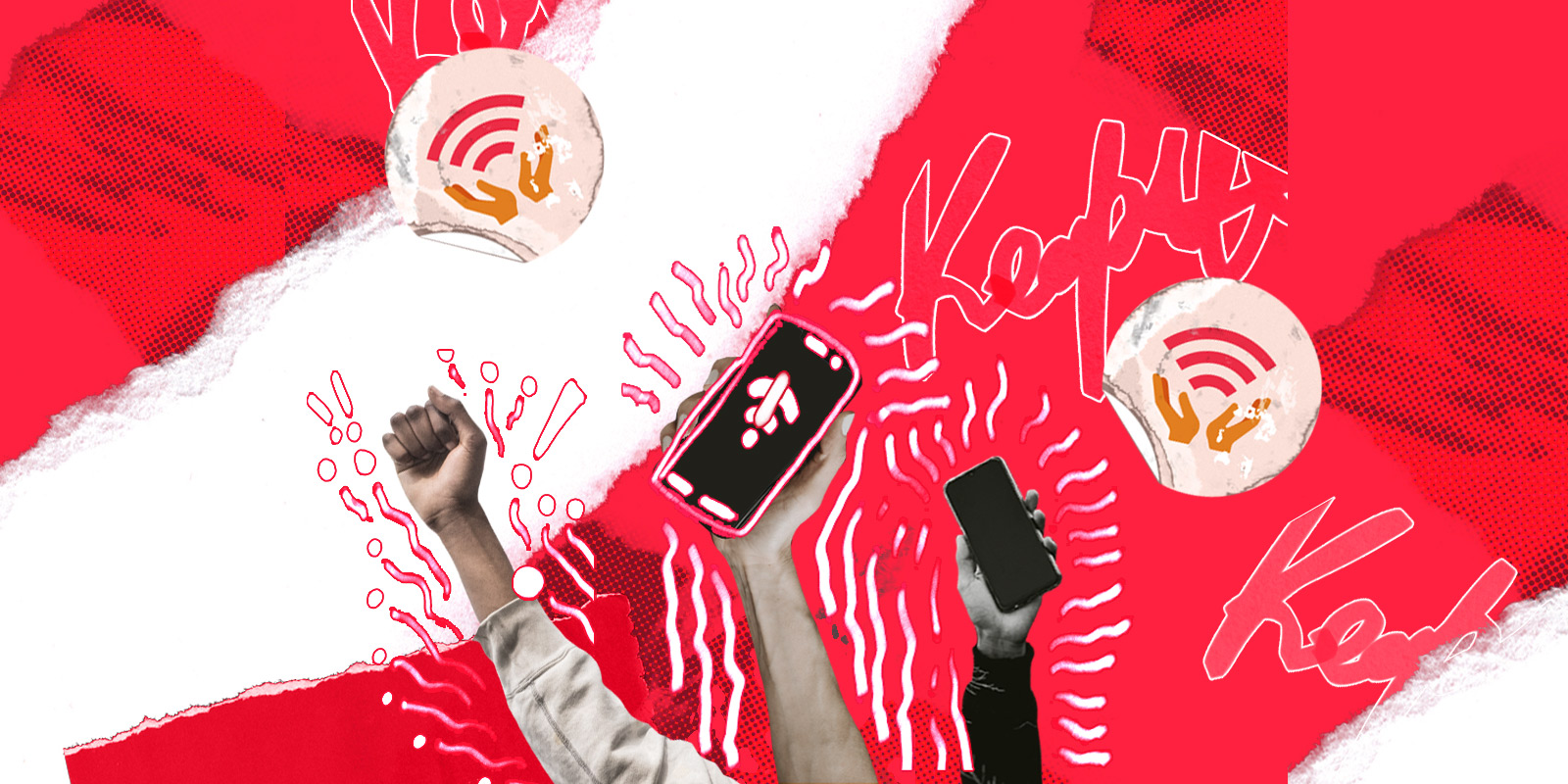Read in Arabic / للقراءة بالعربية
Controlling and restricting internet access violates human rights. Against a backdrop of alleged internet shutdowns in Libya, Access Now is calling on authorities at all levels to ensure free and open access to the internet in the city of Tobruk and across the country at all times, and to provide information around the recent alleged disruptions that occurred during critical moments in national politics.
“Authorities in Libya cannot use their power to assert dominance over freedom of speech and access to information across the country,” said Felicia Anthonio, #KeepItOn Campaign Manager at Access Now. “The #KeepItOn coalition is outraged by the reports of internet shutdowns over the last few months — these acts of censorship are unacceptable.”
Yesterday, Monday, August 8, as Khalifa Haftar, Commander-in-Chief of the Libyan Armed Forces, visited the eastern Libyan city of Tobruk, #KeepItOn partners documented an internet shutdown for at least five hours. The reason for the shutdown is unclear and authorities have not provided any public information. During the visit, Khalifa Haftar met with mayors, representatives of civil society organizations, and tribes from the Butnan District of Eastern Libya. There was a recorded drop in internet traffic to Tobruk from 15:08 to 19:52 local time.
“Internet shutdowns are a new repressive tactic added to the authorities’ long list of human rights violations and attempts to restrict the internet in Libya,” said Marwa Fatafta, MENA Policy and Advocacy Manager at Access Now. “People in Libya have the right to open political discourse online, and Libyan authorities across the country must immediately cease shutting down the internet and ensure that it remains open and accessible for all.”
This week’s blocking comes after similar reports emerged of a shutdown during the commander’s earlier visit to the Libyan city of Darna on July 4. That same month, and amid a political stalemate and deteriorating living conditions, protestors stormed Libya’s parliament building in Tobruk on July 1, where it was reported that both the internet and telecommunication services were shut down across the city.
Online civic space in Libya is continually shrinking, and all actors must make a stand to help protect it.
Access Now and its partners call on authorities at all levels in Libya to guarantee access to the internet across the country, and will continue to monitor the situation in Libya and provide more information regarding the internet shutdowns documented in the country.
